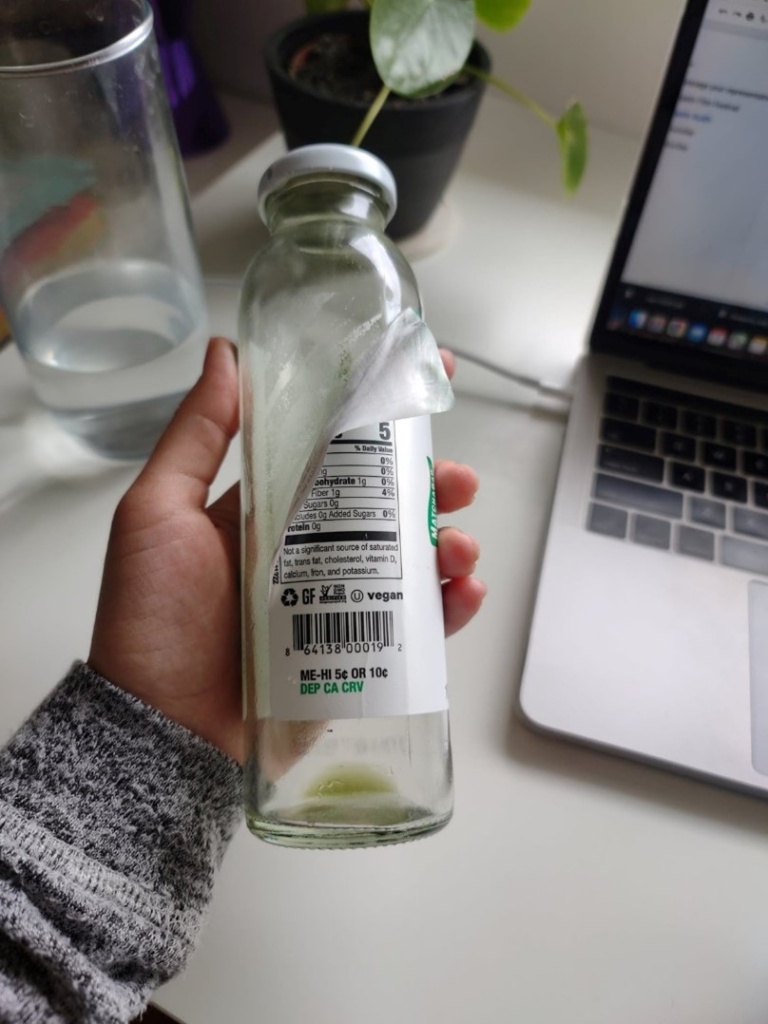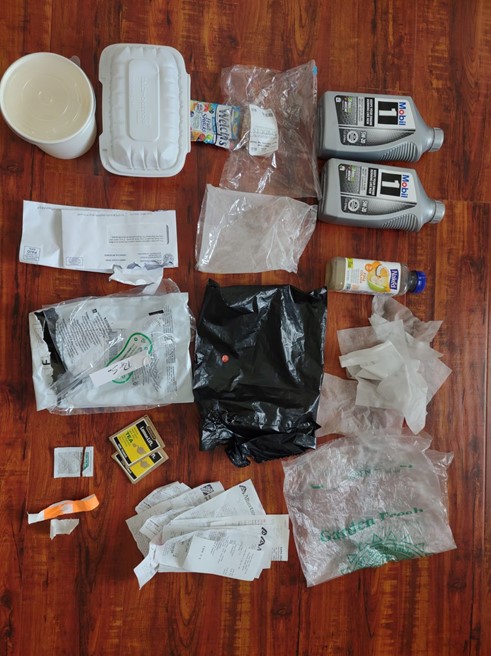The State Water Quality Control Board recently accepted our coalition’s request to review the rules regulating pollution from irrigated agriculture.
Fertile soils, abundant sunshine, and cool, coastal influence make Santa Barbara County a prosperous agricultural region with 720,000 acres of farmland. While climate and soil characteristics in Santa Barbara County provide for optimal crop yields, pollution that results from agricultural runoff has detrimental impacts on the environment and the health of our community.
In California, irrigated agriculture is the number one source of pollution to rivers, streams, and groundwater supplies. Despite this fact, discharges from irrigated agriculture are not regulated by the Federal Clean Water Act. Agricultural pollution in Santa Barbara County is regulated by the Central Coast Regional Water Quality Control Board through a program previously known as the Ag Waiver. In April 2021, the Regional Board reviewed and approved Ag Order 4.0, the latest iteration of the regional program that is supposed to protect our waterways from fertilizer and pesticide pollution.
California Coastkeeper Alliance (CCKA), Santa Barbara Channelkeeper, Monterey Coastkeeper, and other allies have worked tirelessly for many years advocating for common-sense rules that would require the agricultural industry to protect both surface water and groundwater.
While the new Ag Order 4.0 rules are lacking in many ways, they also represent important advancements. For example, for the first time in history, fertilizer application limits were set in an effort to prevent overapplications of nitrogen. This is an important step toward addressing nitrate pollution problems.
Despite improvements, Ag Order 4.0 is significantly flawed. The Regional Water Board caved to political pressure from the industry to avoid collecting minimal site-specific water quality data so pollution can be traced to its source. Fertilizer application limits, while critically important, are set so high that only the most egregious applications are limited, and many water supplies will continue to degrade for decades to come. Additional loopholes and exemptions abound within the Order.
California Coastkeeper Alliance, Santa Barbara Channelkeeper, and Monterey Coastkeeper are working to ensure agricultural practices on the Central and South Coasts are protective and lead to fishable, swimmable, and drinkable water in our creeks, rivers, and coastal areas.
First, we are working with other stakeholders and the Regional Board to make sure the existing rules of Ag Order 4.0 are implemented in a timely, fair, and effective manner.
Second, we successfully petitioned the State Water Quality Board to review Ag Order 4.0 and are demanding that it be improved. Specifically, we are advocating that the State Water Board:
- Require water quality monitoring that allows the Regional Board to determine which farms are polluting so they can be held accountable for degrading our waterways.
- Include timelines attached to enforceable, quantifiable milestones to ensure that farms make progress over a reasonable period of time and eventually meet water quality standards.
- Establish and maintain healthy riparian zones to protect water quality and natural ecosystems.
Ultimately, the duty of the Water Boards is to protect and restore water quality for today and generations to come, not to protect corporate agriculture. We will defend the modest improvements proposed by the Central Coast Regional Board and continue to fight for stronger rules that will fully protect our shared water resources.
For more detail, see CCKA’s Principles to Protect Californians and Our Waterways from Unsustainable Ag, available here.


